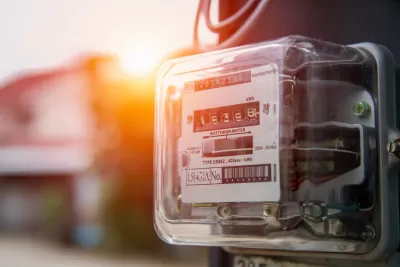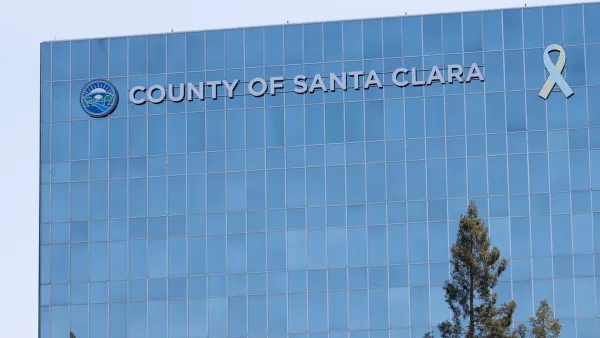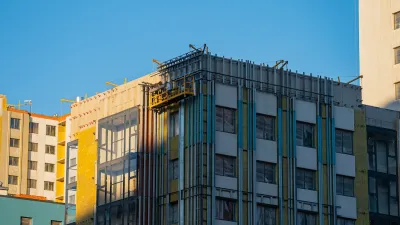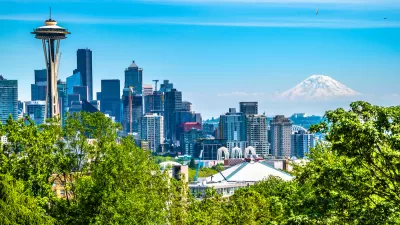The new standards are expected to lower energy costs for low-income households.

A new set of building codes for affordable housing developments funded by federal dollars target energy efficiency, reports Kriston Capps for Bloomberg CityLab. “The standards will translate to lower costs for households least able to afford high energy prices, according to federal officials. Lower-income households spend on average 8% of their income on energy, compared to a national average of 3%, per the US Department of Housing and Urban Development.”
The updated rules satisfy a 2007 law that required HUD to periodically update its energy efficiency codes. “The federal agencies have been out of compliance since 2015, however, so this overhaul will result in a significant leap in terms of code editions and energy savings,” according to Capps. The new International Energy Conservation Code standard for homes and small multifamily buildings is 34 percent more efficient than the 2009 edition currently in use.
HUD says the rule will affect roughly 150,000 new units each year. The new standards could raise construction costs by roughly $7,229 per single-family home. “To offset the cost of upgrades, tax credits created by the Inflation Reduction Act and other rebates can save homebuilders between $2,500 and $5,000 for meeting higher energy standards.”
FULL STORY: Biden Rolls Out New Minimum Energy Standards for Affordable Housing

Maui's Vacation Rental Debate Turns Ugly
Verbal attacks, misinformation campaigns and fistfights plague a high-stakes debate to convert thousands of vacation rentals into long-term housing.

Planetizen Federal Action Tracker
A weekly monitor of how Trump’s orders and actions are impacting planners and planning in America.

In Urban Planning, AI Prompting Could be the New Design Thinking
Creativity has long been key to great urban design. What if we see AI as our new creative partner?

Portland Raises Parking Fees to Pay for Street Maintenance
The city is struggling to bridge a massive budget gap at the Bureau of Transportation, which largely depleted its reserves during the Civd-19 pandemic.

Spokane Mayor Introduces Housing Reforms Package
Mayor Lisa Brown’s proposals include deferring or waiving some development fees to encourage more affordable housing development.

Houston Mayor Kills Another Bike Lane
The mayor rejected a proposed bike lane in the Montrose district in keeping with his pledge to maintain car lanes.
Urban Design for Planners 1: Software Tools
This six-course series explores essential urban design concepts using open source software and equips planners with the tools they need to participate fully in the urban design process.
Planning for Universal Design
Learn the tools for implementing Universal Design in planning regulations.
Gallatin County Department of Planning & Community Development
Heyer Gruel & Associates PA
JM Goldson LLC
City of Camden Redevelopment Agency
City of Astoria
Transportation Research & Education Center (TREC) at Portland State University
Jefferson Parish Government
Camden Redevelopment Agency
City of Claremont





























